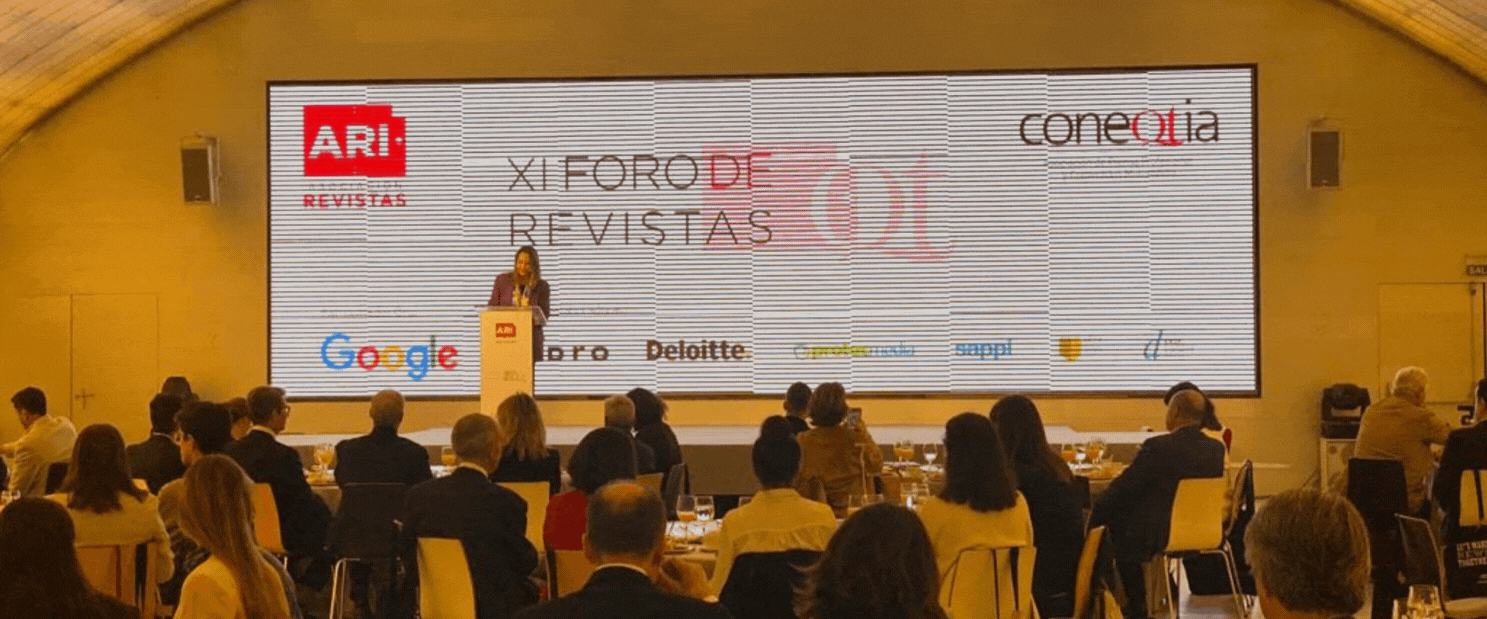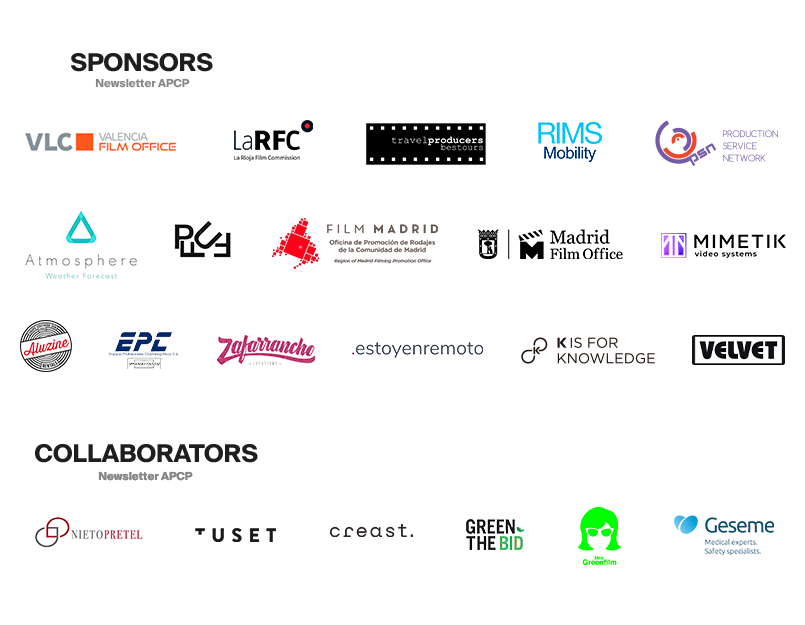
Yesterday, 20 October, we attended the XI Magazine Forum organised by the Association of Magazines (ARI) at the Auditorium of the Casa del Lector (Matadero, Madrid).
Brian Morrissey, founder of The Rebooting and former President and Editor of Digiday, was in charge of giving some of the keys to the current context we are experiencing.
The digital transition has brought noticeable changes in the audience and this is a challenge for magazines. The Internet is a publishing medium but most of the content is free so it is difficult for publishers, because they have to make a lot of money from advertising in order for them to not worry about subscriptions.
Now publishers are facing a number of challenges, the economic crisis and the increase in the cost of printing by 60% and rising. Also when there are economic complications, there is a lot of pressure on any business and usually advertising is the first thing to be cut.
But even with this scenario, Brian talked about this time being a good one for magazines. It is now when the context becomes very relevant and we take a step back, putting the focus back on content and quality. This is a consequence of the hyper-segmentation of the audience. Less data will be used and the way to get it will be different too: publishers will have to find a way to get it to be useful, to create experiences and also to be profitable.
Talking about an era of regrouping, there are thousands of units of content and the brand becomes less important because of the misinformation in that kind of scenario. In contrast, there is a rhythm in a magazine that doesn’t exist on the internet. People prefer content that really interests them.
It’s time to put intellectual property back in the value it has. On the internet, editors write for algorithms, not for the audience. The magazine does have this focus.
If we take a step back, the internet has not created digital brands that last long. Media is ephemeral, brands that have been created on the internet grow fast but then collapse. The shift in focus to quality puts magazines in a very good position.
In this shift to quality, what the public demands are real connections with brands and media. At this point in the conference they were talking about how useful newsletters can be, which are having a new renaissance. They have been around forever and if they are popular again it is because they are not done through algorithms but are written for a specific audience. Podcasts are also an example of an opportunity to have a closer relationship with the reader, as they are human channels.

Another key point he made was the importance of solving the problem of trust. Third-party cookies were never going to play the role they are playing in internet advertising. It’s hard to think that an industry is going to use less data and the way this data is increasingly collected means that the power is moving towards connecting with the consumer. There is still a distrust of the internet. There is so much going on in that procurement process by tech companies that the public is unaware of.
People feel connections with people, much more than with institutional brands. Connecting on the same level and should be important for brands.
Many brands are increasing content on sustainability. The social side can offer a great opportunity in media and for digital media it is a way to improve trust. Nowadays companies cannot say one thing and then not do it.
The hardest part of all this is that communities are strong when they are small. Membership programmes don’t make them strong, the important thing is that the business is the driver to make them bigger. It is important to protect the value of that community.
Luis Collado, global product partnerships manager EMEA at Google, put the finishing touch to this meeting, who spoke about the barriers that need to be broken: breaking the concept of publication frequency; the format scheme, there are many formats to exploit and the possibility of combining them; business models, the concept of subscription is very broad, there are many more possibilities. And finally, Lola Fernández Paniagua, journalist and head of the Sweet Press publishing team, closed with a key to the union between magazines and Coneqtia, which is to think about the present, but above all to think about the future.



